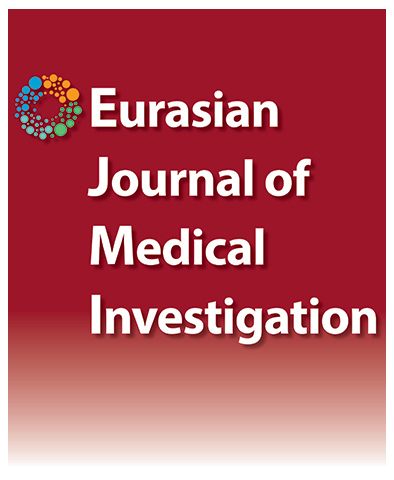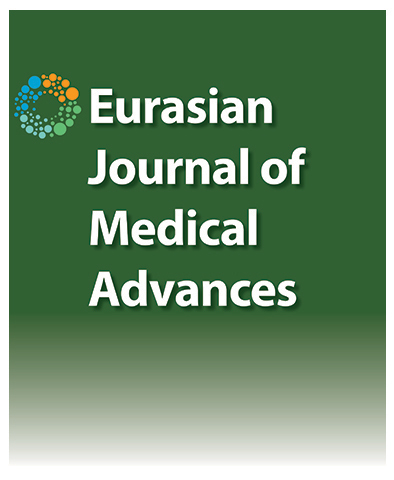Factors Effective in Persistent Penicillin Allergy
Şafak Yıldırım Dişli1, Adile Berna Dursun21Department of Medical Oncology, Kayseri City Hospital, Kayseri, Türkiye2Department of Allergy and Immunology, Lokman Hekim University, Ankara, Türkiye
Objectives: The present study investigates the factors effective in the continued sensitivity to penicillin of people with penicillin allergies.
Methods: Included in the study were patients who presented with penicillin allergies and defined penicillin allergies between July 1, 2013 and December 31, 2015. The sample was divided into two groups, being: those with continued sensitivity, and those with a previous history of allergy to the group of drugs who can now use them without problems after undergoing diagnostic tests performed following the National Guidelines for Approach to Clinical Drug Hypersensitivity to those with suspected penicillin allergy, and these two groups of patients were compared. 14, 2 and 4. Results: Among 70 patients with penicillin allergies, 14 were excluded due to irrelevant histories or incomplete tests. Among those with complete test results (n=36), 17 (47%) showed no persistent allergy, while 13 (36%) had persistent allergies via skin tests, and 6 (17%) via oral provocation tests after negative skin results. Persistent allergies typically developed within 5 years of initial reaction, ceasing after 7 years.
Conclusion: Allergic evaluations should be made based on detailed patient histories, skin tests and oral provocation tests so as not to limit the use of penicillin unnecessarily in those with a history of penicillin allergy lasting longer than 5 years.
Manuscript Language: English





